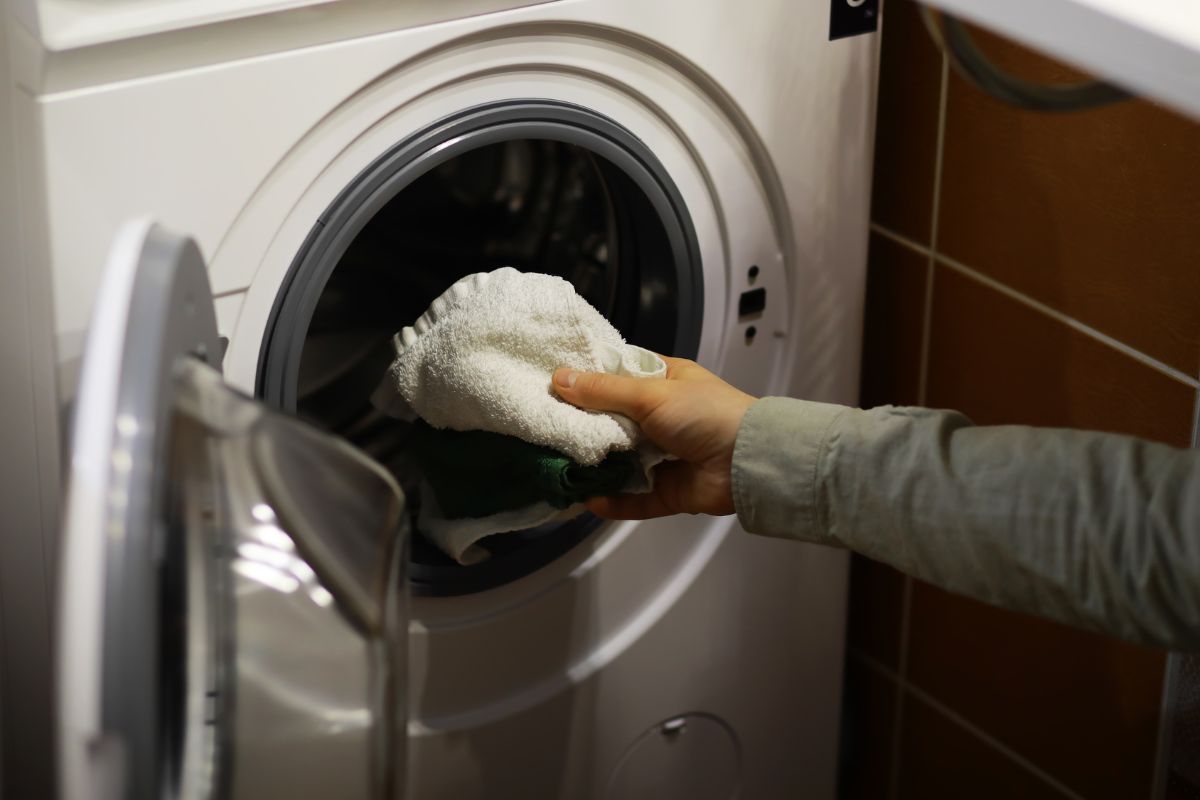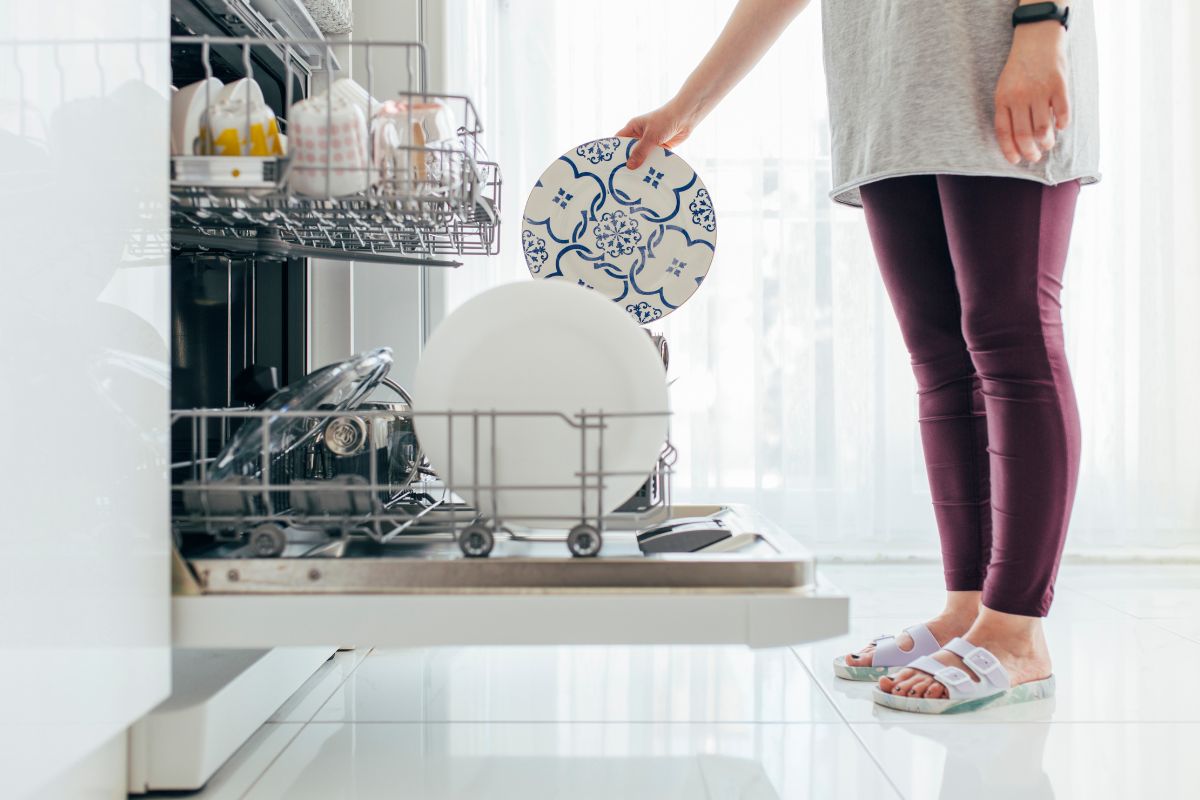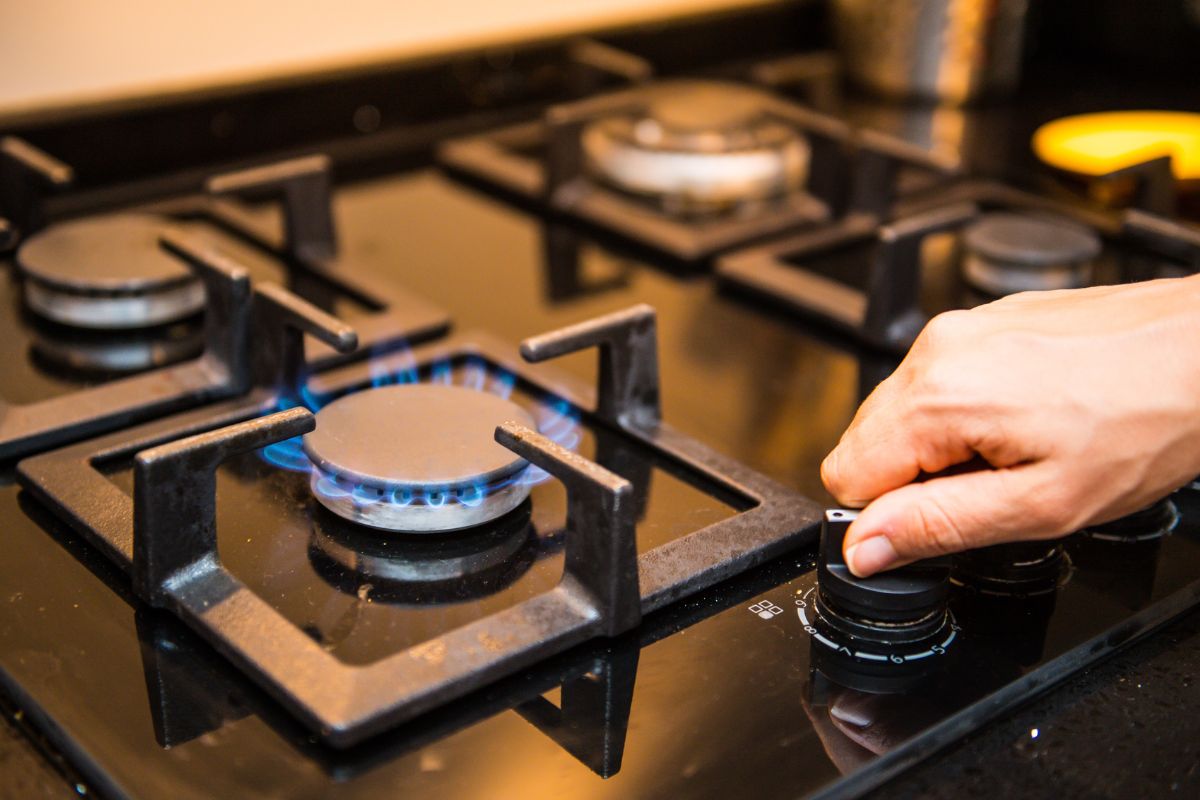Home appliances are an essential part of daily life, making everything from cooking to laundry more convenient.

But like any investment, they require proper care to stay in top working condition. Regular maintenance can prevent costly breakdowns, extend the lifespan of your appliances, and even improve their efficiency. All of these things help you save money on energy bills in the long run.
Why Preventive Maintenance Matters
It’s easy to take household appliances for granted until something goes wrong. A broken dishwasher, malfunctioning fridge, or clogged washing machine can throw your entire routine into chaos. Not to mention, these inconveniences can often lead to expensive repairs. Fortunately, many common issues can be prevented with simple, routine maintenance.
For instance, regularly cleaning dishwasher filters enhances cleaning performance and prevents clogs that could lead to drainage problems. Wiping down the gasket and drum of your washing machine stops mold and odors from developing.
Even small tasks like vacuuming dust from refrigerator coils can make a huge difference in efficiency and longevity. With just a little effort, you can keep your appliances running smoothly and avoid the hassle of unexpected failures.

Keeping Your Refrigerator in Peak Condition
Your refrigerator is one of the hardest-working appliances in your home, running 24/7 to keep food fresh. Without proper maintenance, it has to work even harder, increasing energy consumption and the likelihood of breakdowns.
One of the most overlooked maintenance tasks is cleaning the condenser coils. These coils, usually located at the back or bottom of the fridge, can collect dust and debris over time, making the compressor work harder and reducing overall efficiency. Vacuuming or brushing them every six months can significantly improve performance and extend the appliance’s lifespan.
In many cases, the need for parts to fix your Samsung fridge or other household appliances can be avoided by practicing regular preventive maintenance. Another key area to check is the door gaskets. If the seals around the doors become worn or damaged, cool air can escape, forcing the fridge to run longer and use more energy. Replacing worn gaskets promptly helps maintain proper cooling and keeps energy costs down.

Caring for Your Washing Machine
A washing machine handles frequent loads, making regular maintenance essential to keep it functioning properly. One of the simplest yet most effective ways to prolong its life is to clean the washer drum at least once a month. A washing machine cleaner or a natural mix of vinegar and baking soda can remove detergent residue and prevent unpleasant odors.
The detergent drawer is another spot where buildup occurs. Over time, excess detergent, fabric softener, and moisture create the perfect environment for mold and mildew. Removing and rinsing the drawer regularly helps prevent this issue.
Don’t forget about the rubber door seals, either. Wiping them down after each use prevents moisture, debris, and soap scum from accumulating. These things can all contribute to odors and mold growth. Checking the hoses for signs of wear and replacing them as needed can also help prevent unexpected leaks or failures.

Maintaining Your Dishwasher
A properly maintained dishwasher not only lasts longer but also cleans your dishes more effectively. Over time, food particles, grease, debris, and soap residue can build up inside, affecting its performance. Running a cleaning cycle with white vinegar or a dedicated dishwasher cleaner once a month can help remove buildup and eliminate odors.
One commonly overlooked component is the spinning arms. If the tiny holes in these arms become clogged, water won’t distribute evenly, leading to poorly cleaned dishes. Manually clearing any blockages with a toothpick or small wire ensures optimal performance.
The filter at the bottom of the dishwasher is another crucial area to check. If it becomes clogged with food or random debris, water may not drain properly, leading to standing water or poor washing results. Cleaning the filter regularly prevents this issue and keeps your dishwasher running efficiently.
Stovetop and Oven Upkeep
Your stove and oven see a lot of daily use, making regular cleaning a necessity. Food spills, grease splatters, and crumbs can accumulate quickly, leading to unpleasant odors, smoke, and even potential damage over time.
For stovetops, wiping down the surface after each use helps prevent buildup. Gas burners should be checked for clogs, while electric or glass cooktops should be cleaned with appropriate solutions to avoid scratches.
Ovens benefit from regular maintenance, too. If your oven has a self-cleaning feature, use it periodically to burn off residue, but always remove any large food particles first to prevent excessive smoke. For manual cleaning, a baking soda paste can be a gentler alternative to harsh chemicals.
Keeping your home appliances in good condition doesn’t have to be time-consuming or complicated. Small, consistent maintenance habits can prevent costly repairs, improve efficiency, and extend the lifespan of your appliances.
Taking a proactive approach to care and expending a little effort today can go a long way in ensuring your appliances serve you well for years to come.

